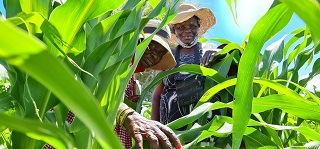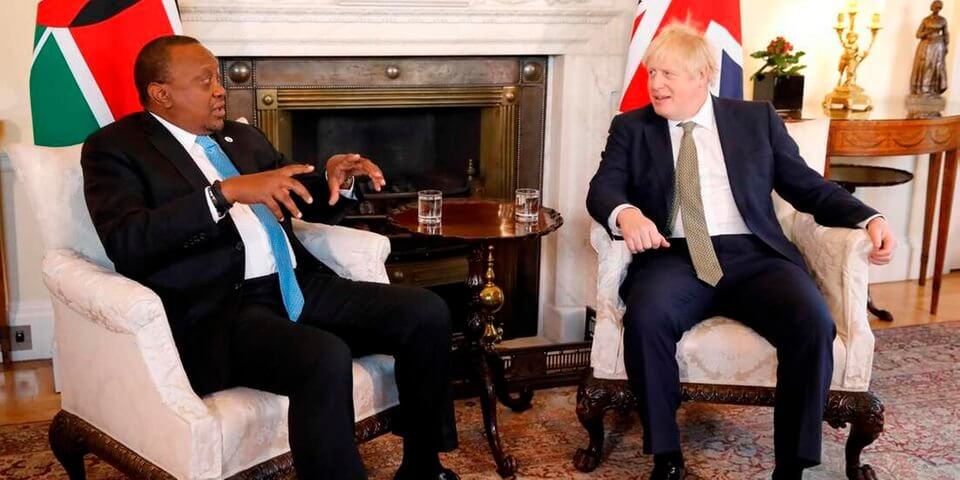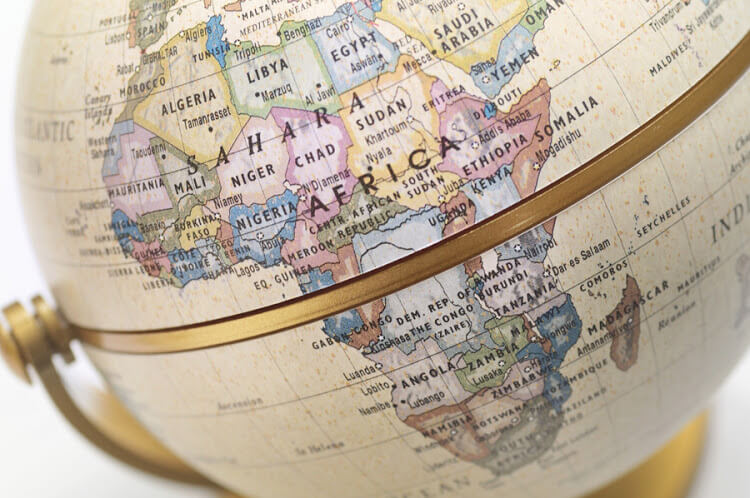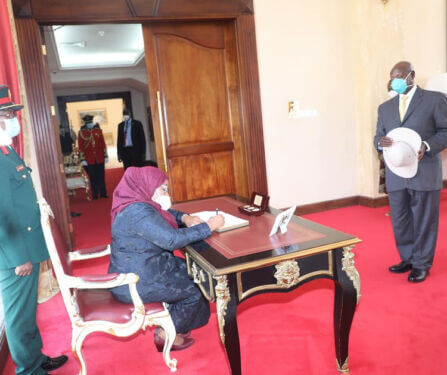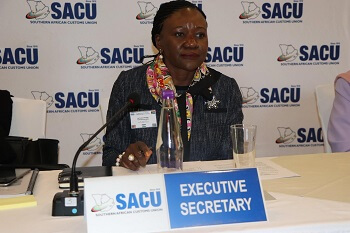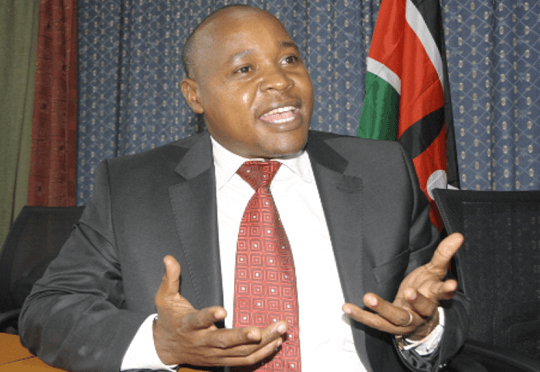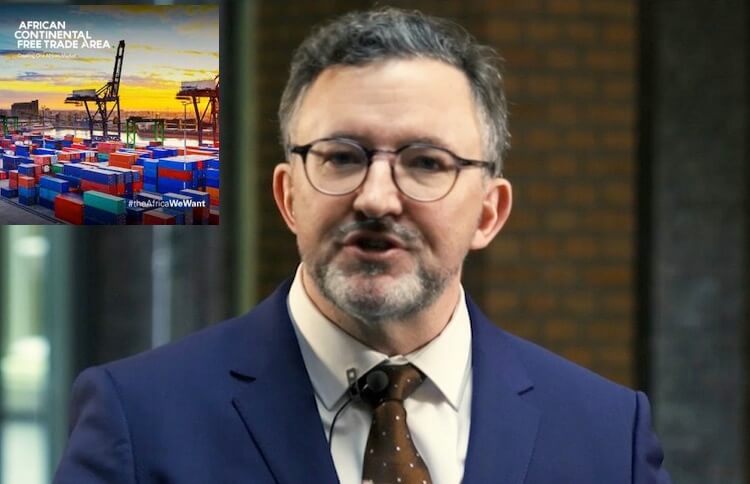The Food and Agriculture Organization of the United Nations (FAO) and the African Union Commission’s Department of Agriculture, Rural Development, Blue Economy and Sustainable Development (AUC-DARBE) have launched a guide to boosting intra-African agricultural trade under the new African Continental Free Trade Area (AfCFTA) agreement. The AfCFTA began trading on 1 January 2021 and is the largest free trade area in the world in terms of the number of countries covered. It represents a market of 1.2 billion consumers. The Framework for Boosting Intra-African Trade in Agricultural Commodities and Services is a blueprint for expanding agricultural trade between African countries and aims to unlock the potential of the agricultural sector to contribute to sustainable and inclusive growth for Africa. Increased trade represents a paradigm shift away from business as usual and is an important part of the collaborative work towards boosting food security and nutrition for all Africans. “The Framework provides a timely catalyst for the transformation to more efficient, inclusive, resilient and sustainable agri-food systems, sustainable development and prosperity in Africa. A key priority is the pursuit of industrial transformation policies and programmes that support the private sector to add value to African exports, compete with imports from outside Africa and expand opportunities for job creation,” FAO Assistant Director-General and Regional Representative for Africa Abebe Haile-Gabriel, African Union Commissioner Josefa Sacko, and AfCFTA Secretary-General Wamkele Mene jointly stated in the publication’s foreword. Africa is a net food-importing region of commodities such as cereals, meat, dairy products, fats, oils and...
FAO and the AU Commission launch guide to help countries enter Africa’s new single market
Posted on: April 19, 2021
Posted on: April 19, 2021

